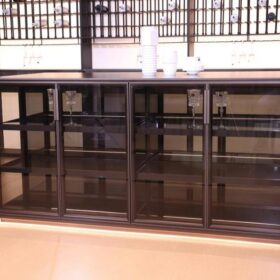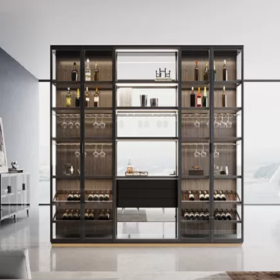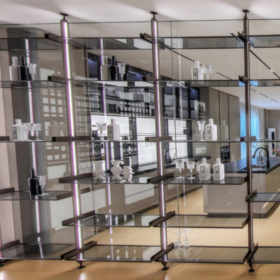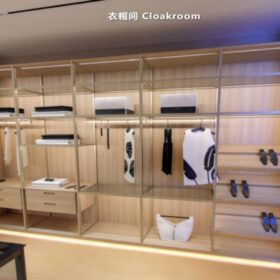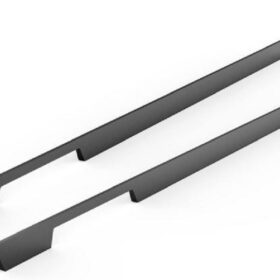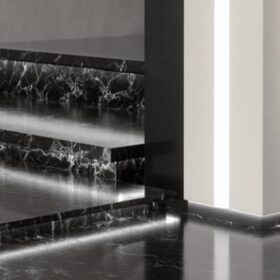How Aluminum Frame Sections Improve Building Efficiency
Aluminum frame sections have become increasingly popular in construction due to their exceptional properties and ability to enhance building efficiency. By optimizing thermal performance, structural stability, and environmental friendliness, aluminum frame sections contribute to long-term savings and sustainability. This article delves into the multifaceted benefits of aluminum frame sections, highlighting their impact on building efficiency.
Thermal Performance
Aluminum frame sections offer superior thermal performance compared to traditional materials. The inherent low thermal conductivity of aluminum minimizes heat transfer through the frames, reducing energy loss and maintaining comfortable indoor temperatures. This translates into reduced heating and cooling costs, resulting in substantial energy savings over the building’s lifespan.
Moreover, aluminum frame sections can be integrated with thermal breaks, which further enhance thermal performance by interrupting the thermal path between the interior and exterior of the building. By reducing thermal bridging, aluminum frame sections prevent heat loss and ensure a more energy-efficient building envelope.
Structural Stability
Aluminum frame sections are renowned for their exceptional structural stability, making them ideal for high-rise buildings and structures requiring significant load-bearing capacity. Despite their lightweight nature, aluminum frames exhibit high strength-to-weight ratios, allowing for lightweight and durable constructions.
The structural integrity of aluminum frame sections is further enhanced by their resistance to corrosion and deformation. Unlike steel frames, aluminum frames do not rust, ensuring long-lasting performance and minimizing maintenance costs. Additionally, aluminum frames maintain their shape even under heavy loads, providing a reliable and stable building structure.
Environmental Friendliness
Aluminum frame sections are an environmentally friendly choice due to their durability, recyclability, and low carbon footprint. Aluminum is a naturally occurring element that can be recycled indefinitely without losing its properties. This closed-loop recycling process reduces the need for primary aluminum production, conserving resources and minimizing environmental impact.
Furthermore, aluminum frame sections contribute to reducing a building’s operational carbon footprint. By minimizing heat loss and reducing energy consumption, aluminum frames help lower greenhouse gas emissions associated with heating and cooling systems.
Enhanced Durability
Aluminum frame sections are highly durable and resistant to weathering, ensuring long-term performance. Unlike wood or steel, aluminum does not rot, decay, or deteriorate due to moisture or environmental exposure. This durability minimizes maintenance requirements and extends the lifespan of the building, reducing long-term costs and environmental impact.
Conclusion
Aluminum frame sections offer numerous benefits that enhance building efficiency. By optimizing thermal performance, ensuring structural stability, promoting environmental sustainability, and providing enhanced durability, aluminum frames contribute to energy savings, reduced maintenance costs, and improved occupant comfort. As the demand for sustainable and efficient building solutions continues to grow, aluminum frame sections will remain a vital element in the construction industry, contributing to high-performance and environmentally friendly structures.
-
2024-11-29Top Trends in Modern Kitchen Cabinet Pulls for 2024
-
2024-11-28The Ultimate Guide to Modern Kitchen Cabinet Pulls- Materials, Styles, and Tips
-
2024-11-27Elevate Your Kitchen Design with These Must-Have Modern Cabinet Pulls
-
2024-11-26Sleek and Stylish- The Best Modern Kitchen Cabinet Pulls for a Contemporary Look


